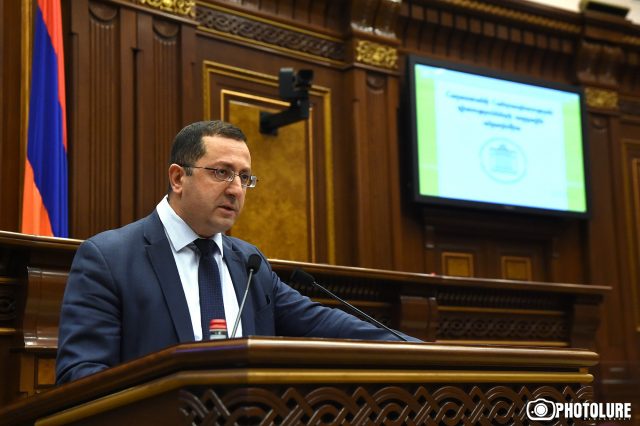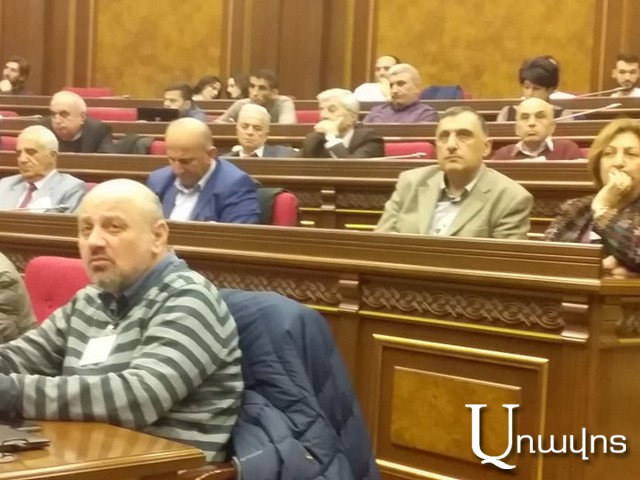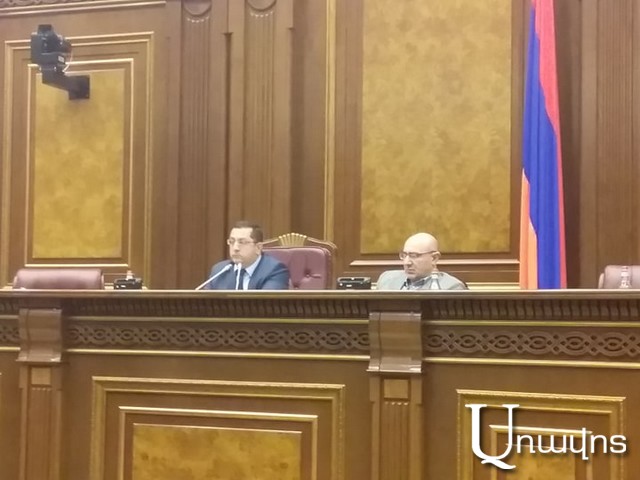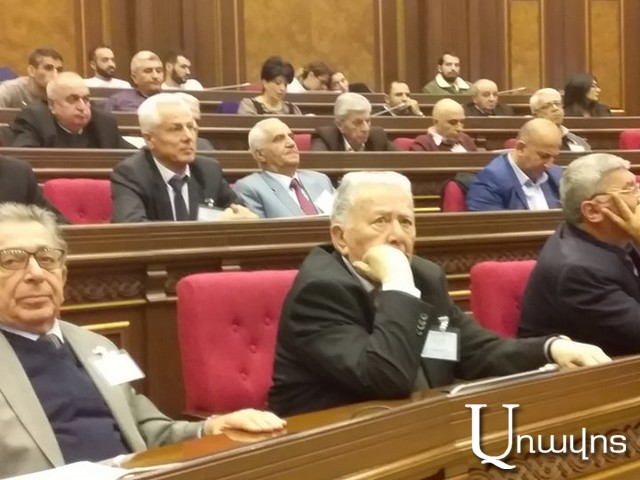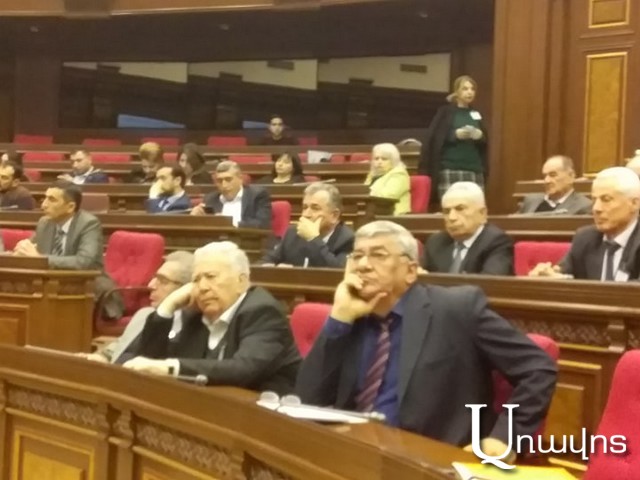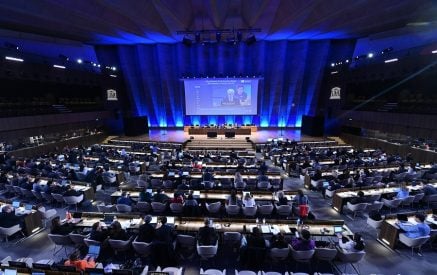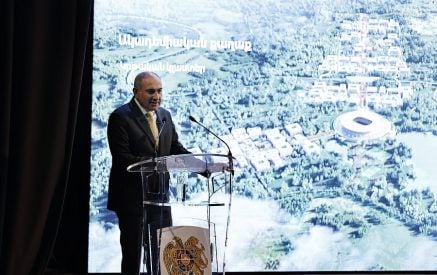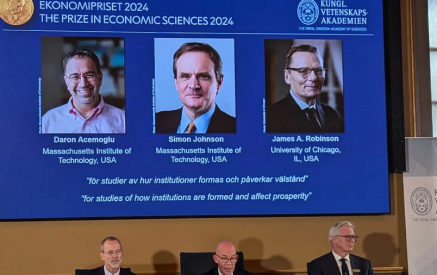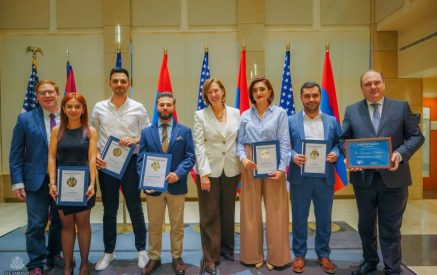“The emphasis has been placed on funding programming in both the fundamental and natural sciences. But it is a well-known fact that attracting the youth to the sciences and making the sciences more attractive and motivating is through proper financing. It is clear that salaries need to be high so that the youth will want to work in the sciences,” My Step deputy and deputy head of the National Assembly Standing Committee on Science, Education, Culture, Diaspora, Youth, and Sports Affairs Hovhannes Hovhannisyan said during the Issues in Financing Science in Armenia discussion in parliament.
The deputy assured representatives of the scientific community that all opinions voiced during the discussion will be taken into consideration by the government. A few days ago during a meeting between Hovhannisyan and Prime Minister Nikol Pashinyan, Hovhannisyan voiced his worries and the Prime Minister said that “the results of this discussion will be heard and considered by the government.”
“We did not gather here simply to speak, but instead because of a clear goal. We need to understand in what sectors, in what new models, and how this funding needs to take place,” the deputy said.
Read also
Hovhannisyan believes that there is a necessity for additional funding in order for the sector to develop at a faster rate. He also believes that it is necessary to review what needs to be emphasized. For example, the IT sector has been declared a priority in Armenia, but, according to the deputy, the natural sciences suffer from putting the main emphasis on IT. The deputy believes that the high salaries associated with the IT sector are what attract the youth, so they are not continuing their studies in the sciences and bringing further results to the field.
The government recently allocated additional funding to the Science Committee to purchase new equipment. Several laboratories have also been renovated due to funding from the International Bank. Hovhannes Hovhannisyan believes that these steps are necessary, but they are not sufficient enough for the sciences to develop in Armenia at a faster rate.
Nelly Grigoryan




















































